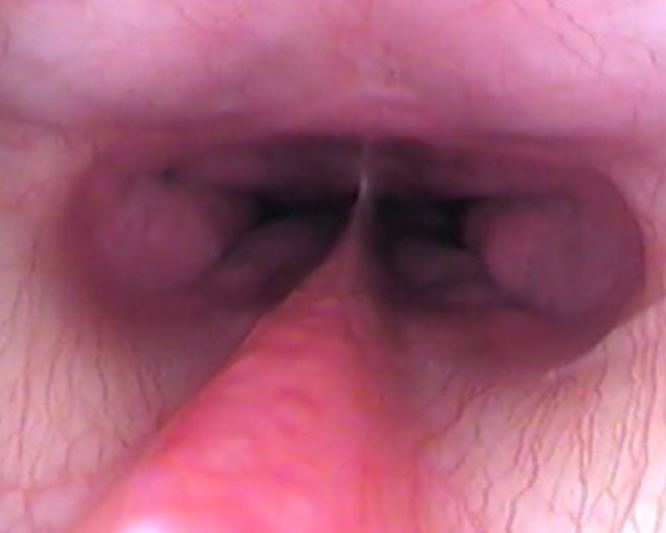Expert CPD Resource for Veterinary Students and Professionals

Overview
Foreign bodies, inflammatory and neoplastic processes are the most common diagnostic findings when evaluating canine and feline nasal diseases. In all cases with a clinical history of chronic unilateral/ bilateral nasal discharge, rhinoscopy in combination with CT imaging is the gold standard for diagnosis and intervention. This webinar will provide an overview of this double endoscopic technique: a rigid endoscope, for the inspection of the rostral part until the ethmoidal volutes of the nasal cavity (anterograde approach), and a flexible endoscope inserted orally into the nasopharynx (retrograde approach).
Learning Objectives
Who Should Attend:
Why Attend:
Register now for a session that promises to improve your knowledge in veterinary endoscopy.
£50.00
Places Available
Whether you are a student just starting out in your career or a seasoned professional looking to stay up-to-date on the latest developments, VET Learn is a valuable resource for your CPD needs.
Website designed and hosted by Youbiquity. All contents on this website ©2024 VetLearn.